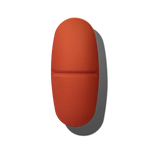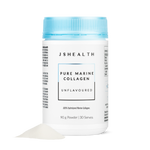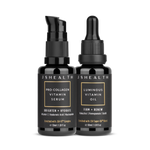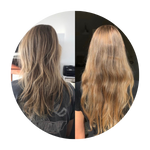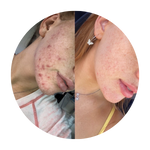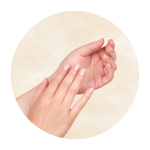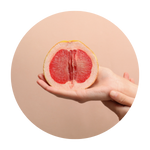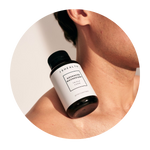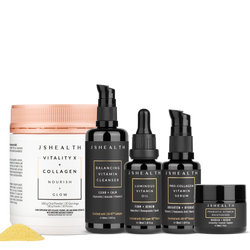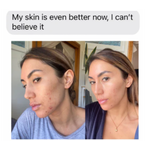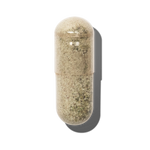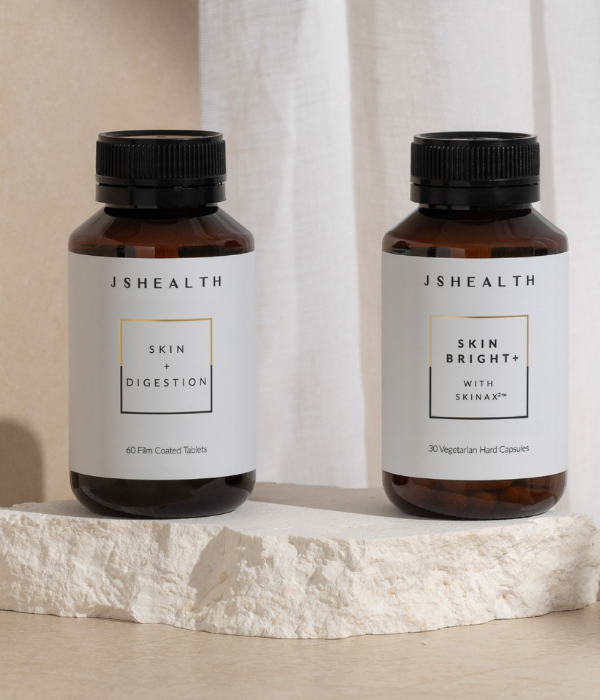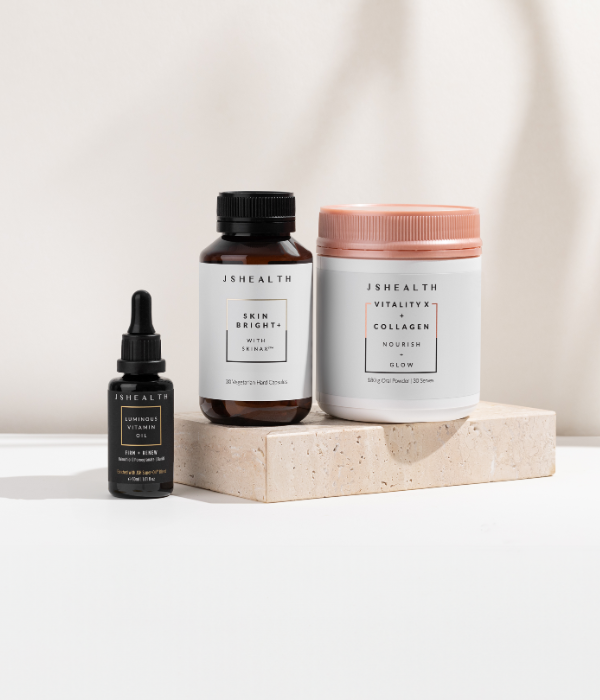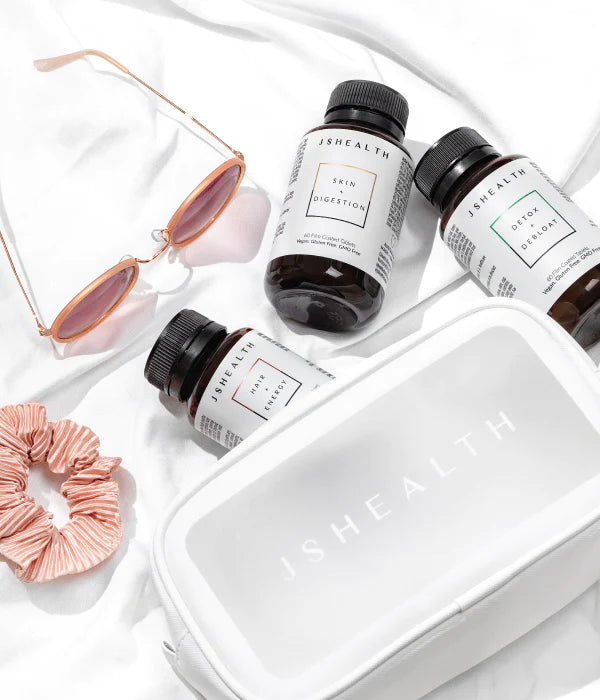We're celebrating beauty at every age
Celebrating the signs of ageing means welcoming the wisdom etched on our faces that each year brings into our lives. It is loving the smile lines that crinkle around our eyes and the streaks of silver that grace our hair.
Ageing is a natural part of the cycle of life, a process that carries with it the marks of our laughter, the depth of our emotions and the knowledge of our years. Instead of battling against the tide of time with fear or denial, we choose to greet each new sign of ageing with joy and appreciation.
These are the indicators of a life well-lived – a testament to resilience and ever-evolving beauty! The JSHealth philosophy embraces body love and kindness, at every stage and every age.
The pro-ageing revolution
Recognising the beauty in the ageing process as something to be celebrated rather than resisted has shifted the cultural conversation around beauty. It is valuing authenticity and self-acceptance, rejecting the pressure to conform to unrealistic ideals and manufactured ‘perfection’.
Pro-aging encourages you to focus on consistency – the healthy habits and self-care practices that support your overall wellbeing, rather than chasing a fleeting image of ‘youth’. It's about feeling confident and comfortable in your own skin, wrinkles and all!
Overall, celebrating your smile lines starts with a holistic approach that includes your mental, emotional and physical wellbeing. It's a call to action to care for yourself in a way that considers both the outside and the inside, for the long-term.
The science behind ageing gracefully
As we age, our skin naturally undergoes changes. Collagen production slows down, leading to a loss of elasticity and the formation of wrinkles. When we understand the science behind ageing, this allows us to make the nourishing long-term choices that help to support healthy skin from within.
Studies have shown that a balanced diet rich in antioxidants and essential nutrients can help combat free radical damage, a major contributor to wrinkles and age spots1.
Additionally, prioritising sleep and managing stress levels can significantly impact skin health – we cover the stress/skin connection in more detail here. Chronic stress can elevate cortisol levels, which can break down collagen and contribute to inflammation in the skin2. Practise a regular, gentle skincare routine that includes hydration and sun protection to further protect the skin's barrier, helping maintain its youthful appearance and glow!
Body love is a lifelong journey
Did you know that self-love and a positive self-image can actually benefit your skin health? Studies have shown a connection between chronic stress and skin conditions like acne and eczema3. When we practise self-compassion and acceptance, we reduce stress levels, promoting overall wellbeing and a healthy glow that radiates from within.
There are many ways to cultivate body love and positive self-image. Mindfulness practices like meditation and deep belly breathing can help to manage stress by activating the parasympathetic nervous system and vagus nerve, while surrounding yourself with supportive people and engaging in activities you enjoy can boost your mood and confidence.
The next time you catch a glimpse of those laugh lines in the mirror, smile! They're a beautiful reminder of a life filled with laughter, love and experiences that have shaped you into the amazing person you are today.
References:
- Pham-Huy, L.A., He, H. and Pham-Huy, C. (2008). Free radicals, antioxidants in disease and health. International journal of biomedical science : IJBS, [online] 4(2), pp.89–96. Available at: https://www.ncbi.nlm.nih.gov/pmc/articles/PMC3614697/.
- Evers, A.W.M. and Beugen, S. (2021b). How stress affects the skin: from designs to mechanisms. British Journal of Dermatology. doi:https://doi.org/10.1111/bjd.20397.
- Gouin, J.-P. and Kiecolt-Glaser, J.K. (2012). The Impact of Psychological Stress on Wound Healing. Critical Care Nursing Clinics of North America, 24(2), pp.201–213. doi:https://doi.org/10.1016/j.ccell.2012.03.006.

